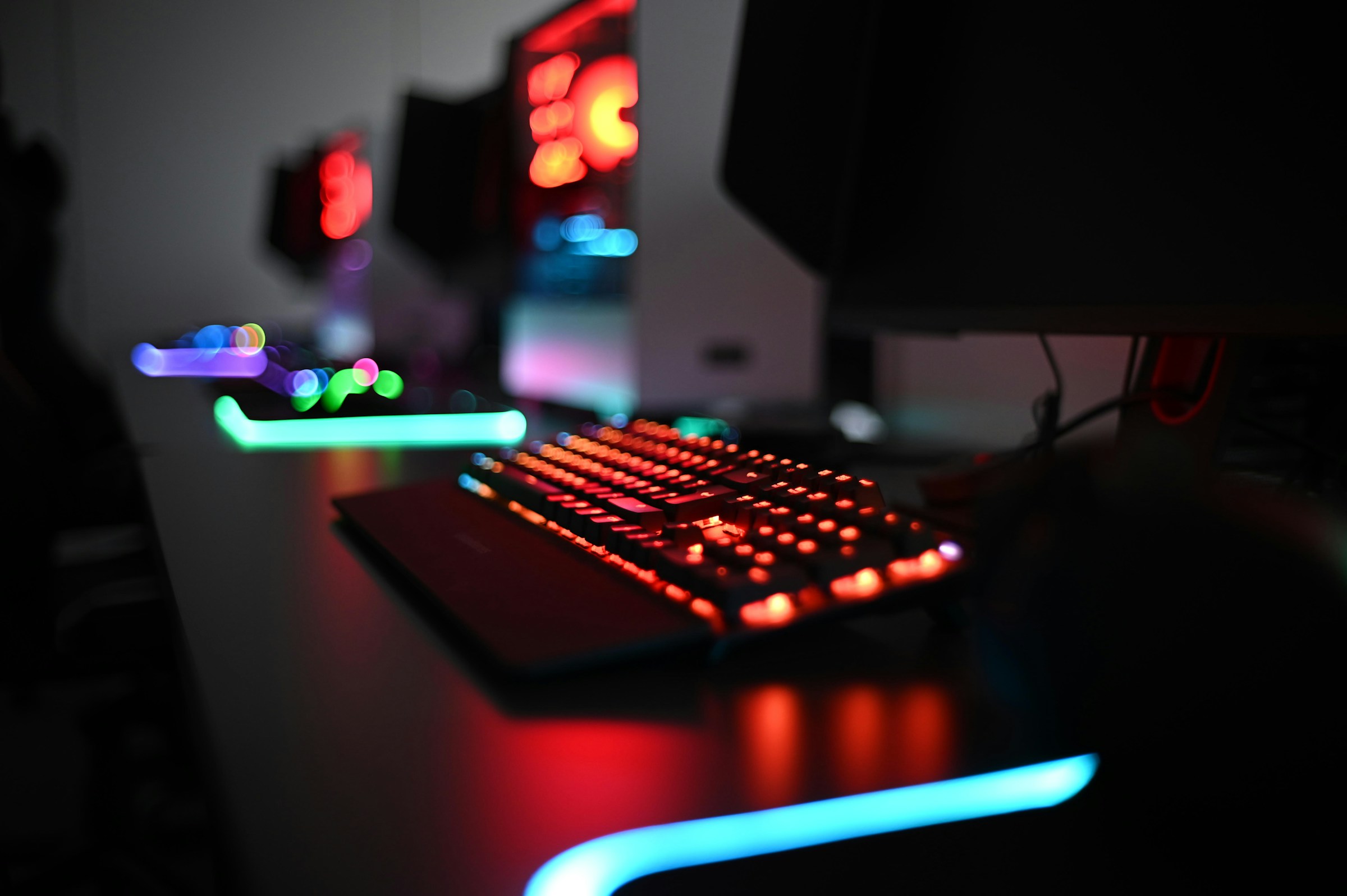The historic approval of online gambling by the Brazilian Chamber of Deputies on December 21, 2023 marks an important point in the direction of Brazil’s regulation of the betting market.
This decision, following the Senate’s approval of Bill 3,626/2023 on December 12, paves the way for: full regulation It’s 2024.
This milestone marks a significant change in gambling-related policy and marks a new path for Brazil’s gambling sector.
final regulatory process

A bill to regulate online gambling in Brazil was first approved by the House of Representatives in September 2023, but changes in the Senate required an additional vote.
Senator Angelo Coronel introduced the bill to the Senate on December 12, marking the final stage of amendments following initial approval by the Economic Committee.
The Senate vote included notable exclusions such as eliminating iGaming, virtual gaming, and sports betting terminals. Additionally, an amendment banning sports betting advertising in stadiums was also rejected.
The fiscal recommendations approved by the Economic Committee on November 22 defined that gross gaming revenue (GGR) would be capped at 12% instead of the 18% originally proposed.
The taxation of winnings has also been adjusted and bettors are now taxed at a rate of 15% per year on their net winnings.
Licensors must pay an initial fee of up to 30 million reais and obtain the rights to operate up to five brands. These measures aim to create a regulated and sustainable environment for the industry.
The return of the iGaming industry to the country
Although the Senate voted to remove iGaming from the bill, the House retained the power to revoke that exclusion.
The Evangelical Parliamentary Front, in particular, expressed its opposition to iGaming and highlighted moral concerns during the voting process.
But Arthur Lira, the chamber’s president, argued in favor of the regulations, emphasizing that delaying the vote could create an uncontrolled environment that favors illegal activities such as money laundering.
He emphasized that existing online gaming platforms should be regulated rather than operated without permission.
The heated debate between different viewpoints has highlighted the complexities involved in regulating gambling in the country.
The House’s final decision represents not only legislative approval but also efforts to ensure the integrity and security of the domestic online gaming industry.
Budget, Taxation and Financial Challenges
Excluding iGaming from the initial target of raising R$1.6 billion could have a significant impact on projected tax revenues. The loss is estimated to amount to about R$700 million, less than half the amount originally expected.
Neil Montgomery, founder of law firm Montgomery & Associados, noted in an interview with international portal iGaming Business that approval was almost inevitable given the pressure on the federal government to achieve a zero fiscal deficit by 2024.
The bill stipulates that 36% of the taxes generated will be allocated to sports and 28% to tourism. Public security, education and social security schemes are subject to 14%, 10% and 10% respectively.
Inspection fees are no longer calculated based on the value of the premium paid, but rather based on the GGR level.
Operators seeking to obtain a license in Brazil must meet certain requirements, including a requirement for a Brazilian partner to hold at least 20% of the company’s capital in the country.
They must also implement appropriate cybersecurity systems, including identification processes that may include facial recognition technology.
the future of gambling
A new law was recently approved for Online Gambling in Brazil This is not only a historic moment, but also signals the beginning of a new era for the domestic gaming industry.
As Brazil moves towards full regulation in 2024, here are some expectations and challenges that outline what we can expect for the future of the Brazilian gambling sector.
Technological Innovation and User Experience

Gambling regulations are expected to force operators and developers to invest in technological innovations to improve user experience.
Online gaming platforms can integrate advanced technologies such as virtual reality (VR) and augmented reality (AR) to create more immersive gaming environments.
Additionally, the game offering is expected to expand with the introduction of new titles and mechanics to meet the diverse preferences of Brazilian players.
Market diversification and healthy competition
Regulations will open the door to further diversification of the Brazilian gambling market.
National and international operators will have the opportunity to compete fairly by providing players with a variety of options.
This not only fosters innovation, but also creates a healthy competitive environment, encouraging operators to provide high-quality services, attractive promotions and exemplary customer support.
Challenges to overcome
However, Brazil’s gambling sector will also face significant challenges.
Efficient enforcement and appropriate enforcement of regulations are important to prevent illegal practices and ensure market integrity.
We must also actively address ethical and social issues related to responsible gaming and addiction prevention.
Private Sector, Government and Economic Impact
Effective cooperation between the private sector and government is essential for the sustainable development of the industry.
Ongoing dialogue, transparency and clear regulations will be key to creating an environment conducive to market growth while ensuring player welfare remains a priority.
As the gambling industry develops, it is expected to have a positive economic impact, including generating revenue and employment opportunities.
The sector can also play an important role in supporting social, sporting and educational initiatives and directing a portion of its profits to the sector.
new era

The road to regulating gambling in Brazil has been a long and complex one, fraught with political, financial and social challenges. The market is expected to flourish by 2024, providing economic opportunities and strengthening the integrity of the sector.
This historic moment opens the door to a regulated industry, providing a safe and responsible experience for gambling enthusiasts in the country.
